The Wisconsin Assembly has passed a bill that aims to increase hunting, fishing, and trapping license fees for out-of-state residents in order to address a deficit in the state’s fish and wildlife account. The Department of Natural Resources estimates that these changes could generate an additional $780,000 annually for the account, which funds various projects such as fish stocking and wildlife surveys. The account relies heavily on revenue from license fees, but a decline in interest in outdoor activities has resulted in a projected $16 million deficit heading into the next two-year budget period. In an effort to address this shortfall, Republican lawmakers previously raised nonresident deer hunting licenses by $40 to $200, as well as other nonresident hunting and fishing license fees.
The newly approved legislation by the Assembly includes a range of fee increases for nonresident licenses, with the goal of generating more revenue for the fish and wildlife account. These increases vary, from a $1 increase on a nonresident two-day sports fishing license to a substantial $5,750 increase for a nonresident commercial fishing license. In addition to these increases, a separate bill that would raise nonresident bow and crossbow hunting license fees by $35 to $200 was also approved by the Assembly and is now headed to the Senate. The combined efforts to raise fees for out-of-state residents reflect a broader strategy to address the financial challenges facing the state’s fish and wildlife account.
The bill passed by the Assembly received unanimous support, with a vote of 97-0, and will now move on to the Senate for further consideration. If approved by the Senate, the changes to nonresident license fees could help alleviate the deficit in the fish and wildlife account and provide much-needed funding for conservation projects. By increasing fees for out-of-state residents, lawmakers hope to ensure that those who participate in hunting, fishing, and trapping activities contribute their fair share to support conservation efforts in Wisconsin. These fee increases are part of a larger effort to address the financial challenges facing the state’s natural resources and wildlife management programs.
Supporters of the bill argue that raising nonresident license fees is a necessary step to maintain the state’s conservation efforts and ensure the sustainability of its fish and wildlife resources. By generating additional revenue for the fish and wildlife account, Wisconsin can continue to fund important projects that benefit both residents and visitors who enjoy outdoor activities in the state. As the bill moves through the legislative process, stakeholders will be closely watching the outcome and the potential impact of these fee increases on conservation efforts in Wisconsin. Ultimately, the goal is to strike a balance between supporting conservation initiatives and ensuring that nonresident hunters, anglers, and trappers contribute their fair share to protect the state’s natural resources for future generations.









